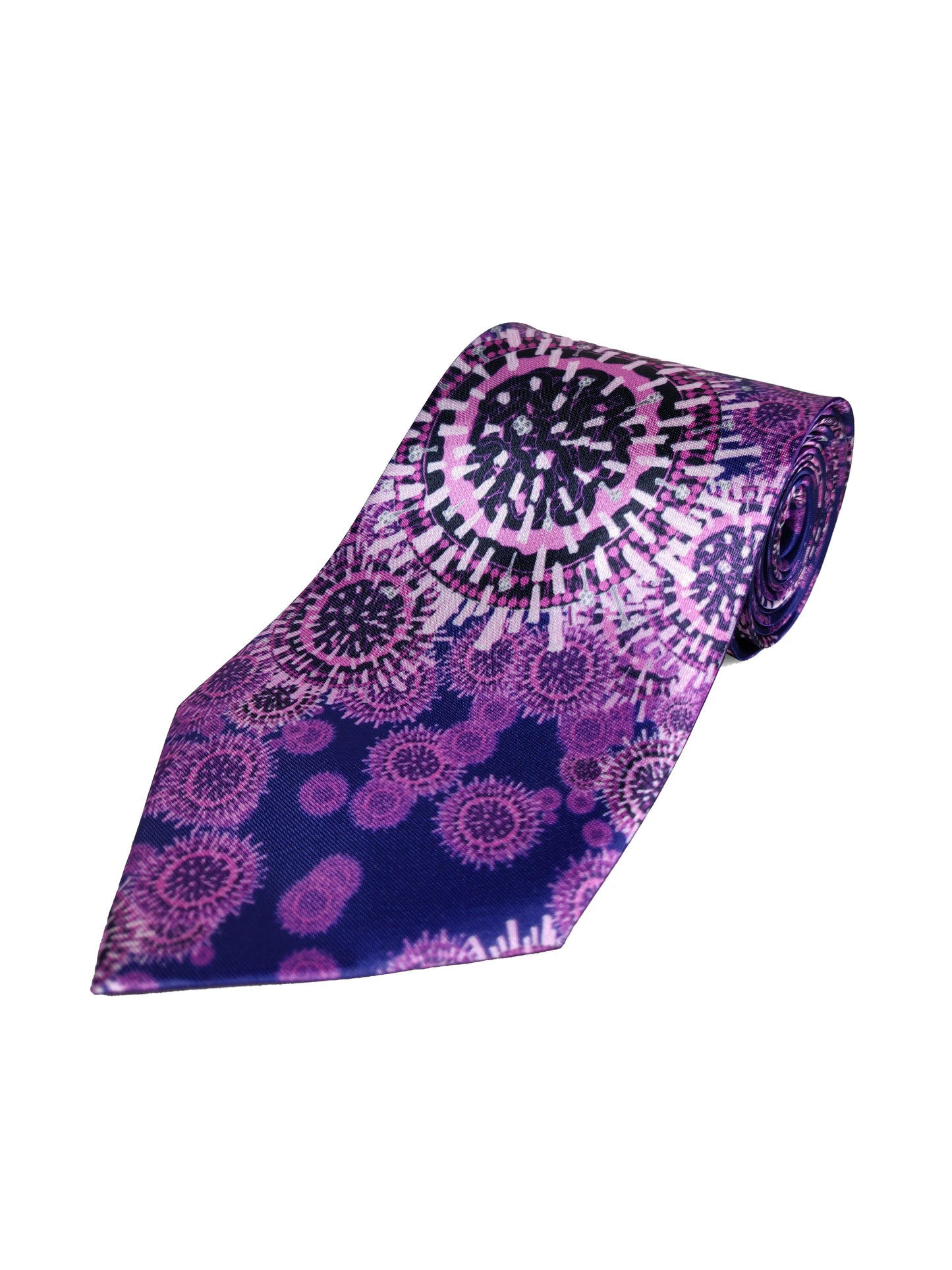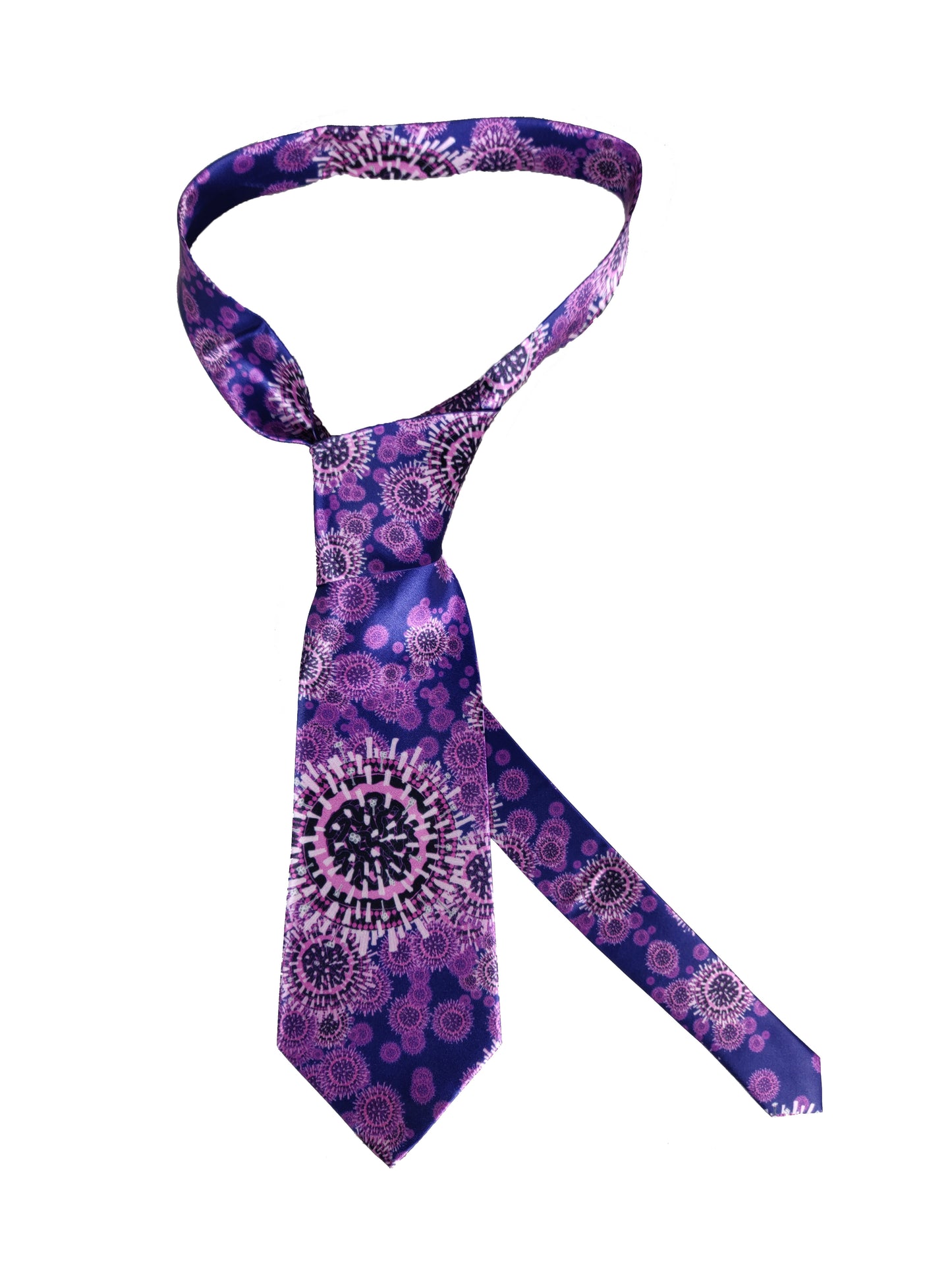Vivid Biology
Influenza Flu Pattern Tie (UK Stock)
Influenza Flu Pattern Tie (UK Stock)
Regular price
£20.00 GBP
Regular price
Sale price
£20.00 GBP
Unit price
per
Tax included.
Shipping calculated at checkout.
Couldn't load pickup availability


About this product
Made to order
Can't find your size or pattern?
We can make it to order.
30 day turnaround.
-
Example product title
Regular price £20.00 GBPRegular priceUnit price per -
Example product title
Regular price £20.00 GBPRegular priceUnit price per -
Example product title
Regular price £20.00 GBPRegular priceUnit price per -
Example product title
Regular price £20.00 GBPRegular priceUnit price per


